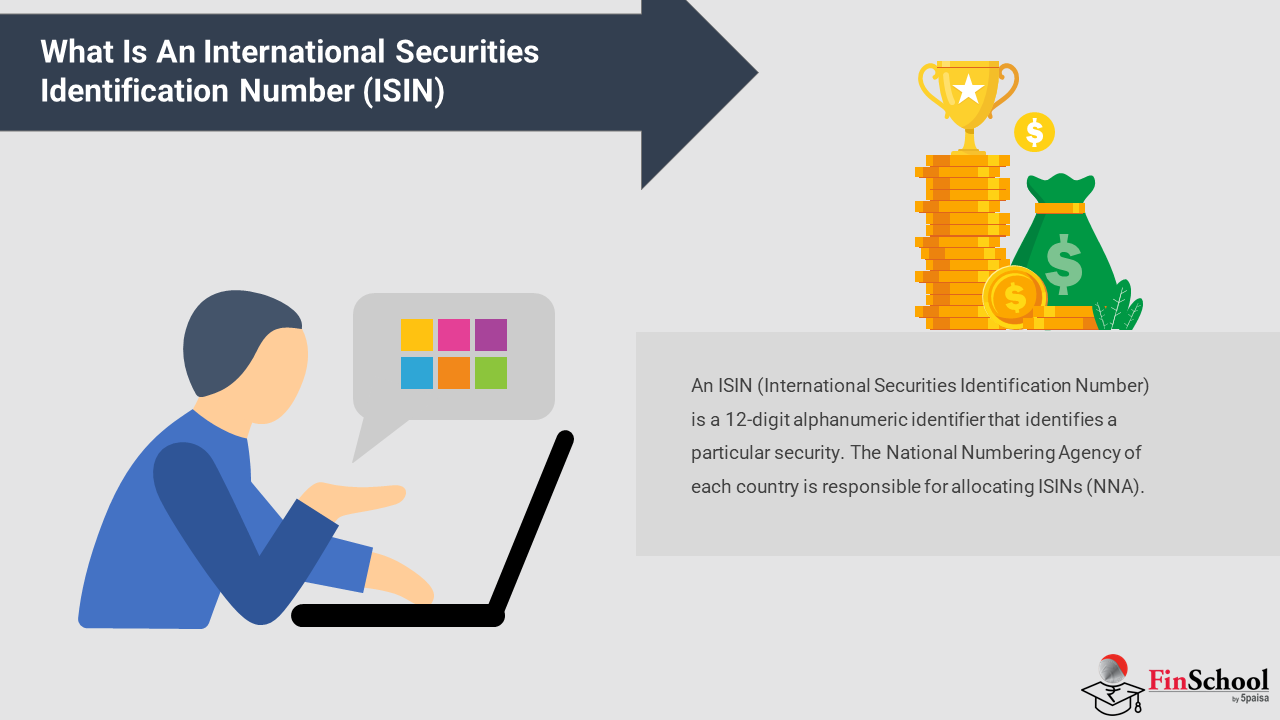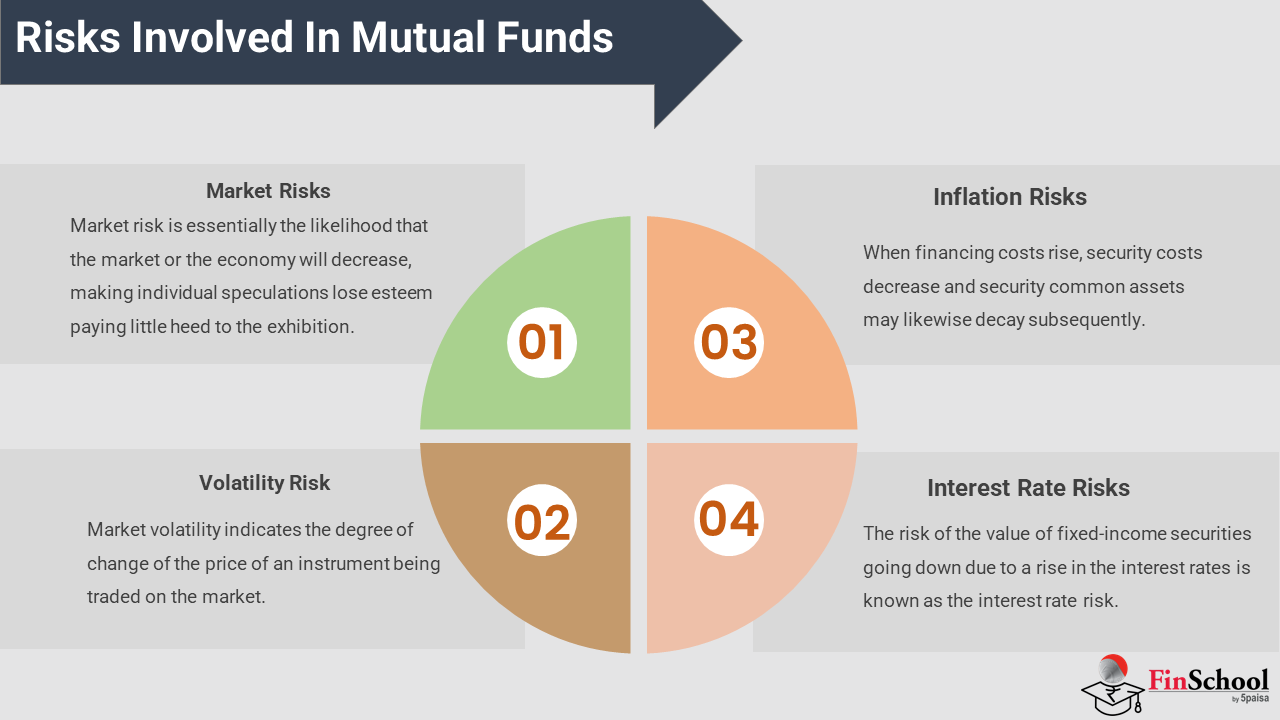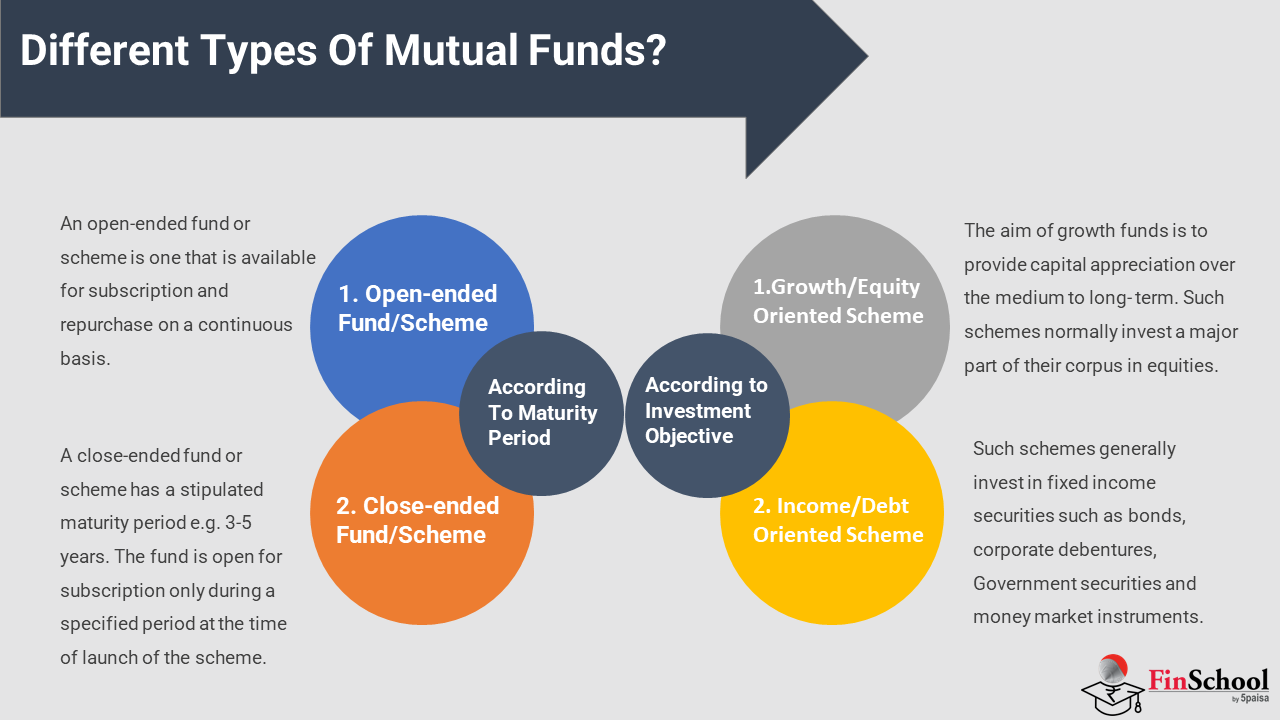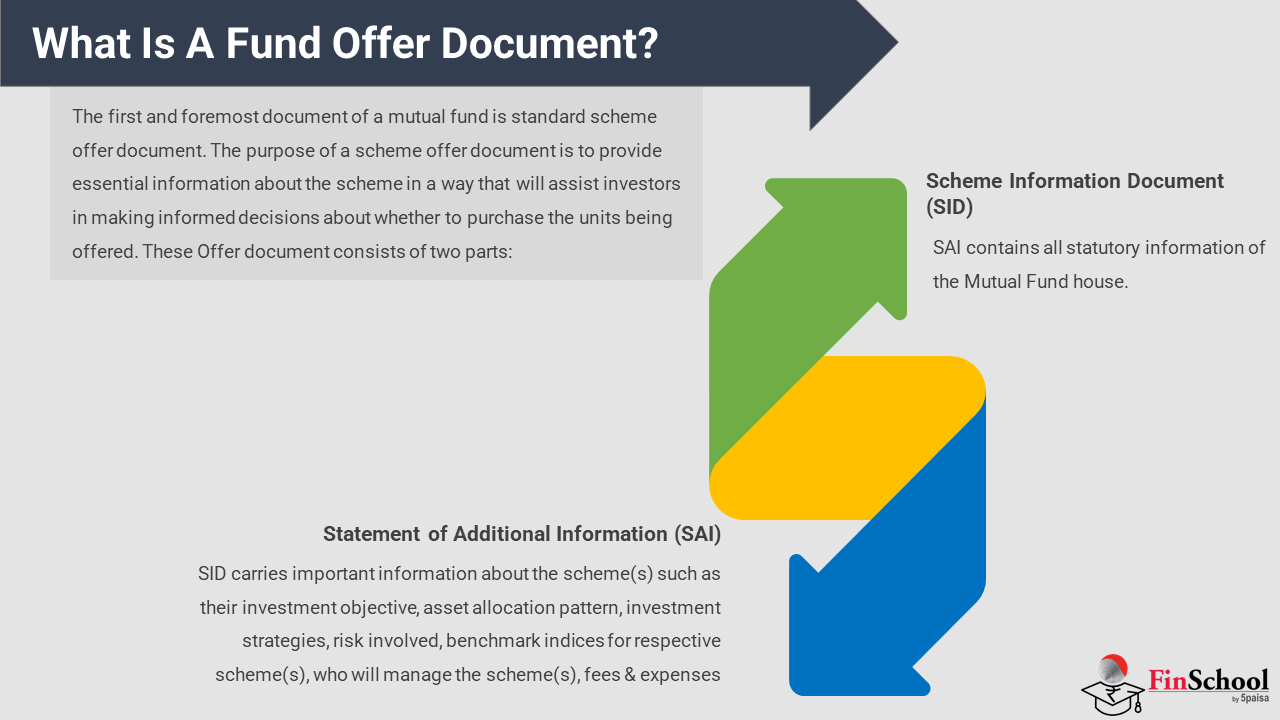- Study
- Slides
- Videos
9.1 What Are The Tax Benefits Associated With Insurance?
Buying insurance policy helps one to save tax. Let us understand this with an Example. Suppose the taxable portion of your income amounts to Rs 5, 00,000. This means that your tax liability for the year would be computed for Rs 5,00,000, based on your income bracket. Thus, if a certain investment option is said to give a tax benefit up to Rs 50,000 per year, for example, then this Rs 50,000 is deducted from your taxable income, i.e. Rs 5, 00,000. Thus, your tax liability would now be calculated on Rs 4, 50,000.
The more tax saving options you invest in, the lower your taxable income becomes. It is recommended that you look up a variety of tax-saving options spanning different sections of the Income Tax Act, 1961 to reduce your taxable income component considerably.
As per the Income Tax Act, 1961 buying an insurance policy gives the Tax payer an option to save tax and reduce the tax liability. The following are the tax advantages available to the insurance policy holder.
Life Insurance – Tax Advantage
In a life insurance policy, the insurance company promises to pay a certain sum of money (known as sum assured) to the nominee(s) of the insured individual should the individual pass away during the policy period. If the individual outlives the policy period, some policies, more specifically endowment, money back, wholelife policies, pay out maturity benefits to the insured individual.
- Section 80C: Premiums paid on a life insurance policy like endowment, whole life, money back policies, term insurance policies and Unit Linked Insurance Plans – qualify for tax deduction under Section 80C of the Income Tax Act, 1961. The maximum deduction that can be claimed is Rs. 1,50,000.
Tax deduction under Section 80C of the Income Tax Act, 1961, on life insurance can be claimed for premiums paid toward insuring self, spouse, dependent children and any member of Hindu Undivided Family. An important point to be noted is that if the policy is issued on or prior to March 31, 2012, annual premium up to a maximum of 20% of the sum assured becomes tax deductible. For insurance policies issued on or after April 1, 2012, annual premium up to a maximum of 10% of the sum assured is tax deductible.
- Section 80CCC:Tax deduction under Section 80CCC of the Income Tax Act, 1961, can be claimed for amount paid towards any annuity plan of Life Insurance Corporation of India or other insurance companies for the purpose of receiving pension. The maximum deduction that can be claimed under this section is Rs. 1,50,000.
- Section 10(10D):Section 10(10D) of Income Tax Act exempts you from paying taxes on the amount that you receive from the life insurance provider. Under this section, the amount of sum assured and bonus (if any) received on maturity or surrender of policy or on death of the life assured are completely tax free in the hands of the receiver, subject to certain conditions.
9.2 Health Insurance – Tax Advantage
In a health insurance policy, the insurance company will cover the cost of an insured individual’s medical and surgical expenses in the event the individual falls ill or gets injured.
- Section 80D: Tax deduction under Section 80D of the Income Tax Act, 1961, can be claimed for premiums paid toward a health insurance policy. The total deductions that can be claimed under Section 80D are as under:
|
MEMBERS INSURED |
TOTAL DEDUCTION |
|
Self and family |
Rs. 25,000 |
|
Self and family + Parents |
Rs. 50,000 (Rs. 25,000 + Rs. 25,000) |
|
Self and family + Parents (senior citizens) |
Rs. 75,000 (Rs. 25,000 + Rs. 50,000) |
|
Self (senior citizen) and family + Parents (senior citizens) |
Rs. 1,00,000 (Rs. 50,000 + Rs. 50,000) |
- i) A tax deduction of up to Rs. 5,000 can be claimed for expenses borne on medical check-ups or preventive health check-ups within the above limits.
- ii) The tax deduction for senior citizens has been raised to Rs. 50,000 from Rs. 30,000 for FY 2018-19 (Announced in Budget 2018). Tax benefits under Section 80D can also be claimed for premiums paid toward health insurance riders and critical illness insurance policies. It must however, be noted that premiums paid for personal accident policies or personal accident riders do not qualify for tax deduction under this section.
Conditions Associated with Claiming Tax Benefits on Life Insurance and Health Insurance Policies
- Although you can make premium payments in cash for your health insurance policies, you will however, not be able to avail tax benefits on it as the income tax rules disallow tax deductions on premiums paid via the cash mode. It is thus recommended that you choose to pay premiums through cheque, internet banking, draft or credit card to enjoy the tax advantage on premium. Cash payments for preventive health check-ups are eligible for tax deduction under Section 80D.
- To claim tax deduction under Section 80C, make sure that the premium paid during the financial year does not exceed 10% of the sum assured. If it crosses this figure, it should be noted that the benefits you can claim will be limited up to 10% of the sum assured. In case of Section 10(10D), tax exemption is subject to premium not surpassing 10% of the sum assured.
- Tax deductions under Section 80C and Section 80D can be claimed only for those years that you have paid the premiums. In case you have opted for a single premium life insurance policy, you can only claim tax benefits under Section 80C once – which will be the year you pay the premiums.














